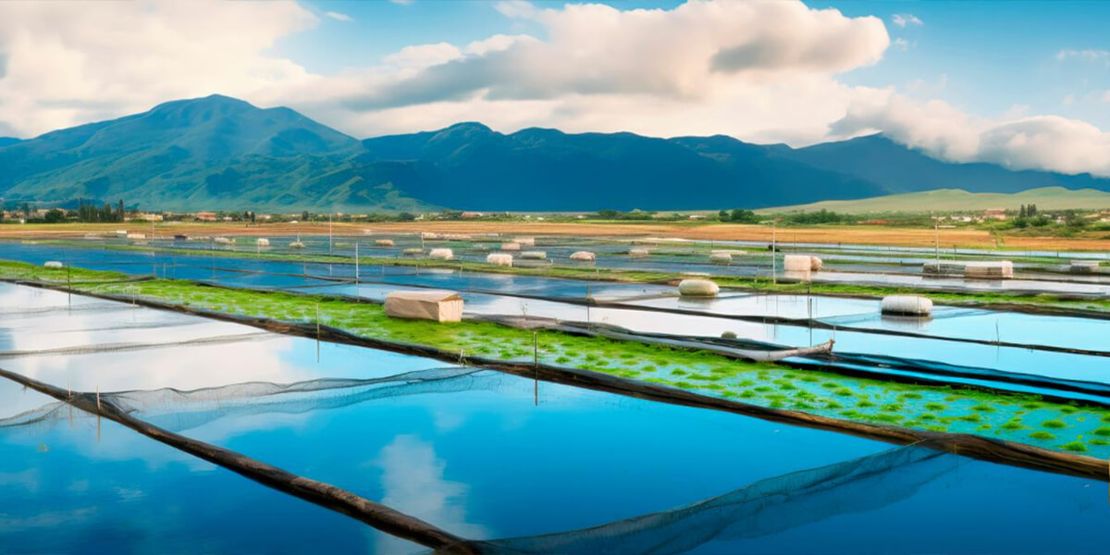Sustainable Seafood Farming: Balancing Harvest and Conservation
Ensuring the sustainability of seafood has become an essential consideration in today's conscientious consumer landscape. The methods employed to harvest and process seafood play a pivotal role in either preserving or depleting our oceans and marine life.
This article explores the significance of sustainable seafood practices, with a particular focus on the shrimp farming industry, and emphasizes the role of certifications in promoting environmental responsibility.
Shrimp Farming's Environmental Impact
Shrimp farming, a cornerstone of the seafood industry, supports millions of livelihoods globally. However, its environmental repercussions are considerable, particularly when managed irresponsibly. Traditional shrimp farming methods often involve the destruction of mangrove forests, crucial habitats for diverse marine species. Furthermore, the contamination of shrimp pond water with chemicals, antibiotics, and pollutants poses a threat to the surrounding ecosystem.
Embracing Sustainable Shrimp Farming
To align with sustainable seafood practices, shrimp farmers must adopt ecologically responsible methods. This includes implementing water management techniques to minimize chemical and antibiotic usage, adopting sustainable feed production methods, and actively participating in habitat preservation. Measures such as tree and shrub planting, creating wildlife corridors, and optimizing water consumption contribute to sustainable shrimp farming.
Certifications as Pillars of Assurance
Certifications, such as the Aquaculture Stewardship Council (ASC) certification, act as beacons of assurance in the realm of sustainable shrimp farming. Achieving such certifications involves adhering to stringent environmental and ethical standards, giving consumers confidence in the responsible production of shrimp. The ASC certification, along with others like the Marine Stewardship Council (MSC) and the Global Aquaculture Alliance (GAA), provides tangible evidence of a farmer's commitment to sustainability.
The Impact of Sustainable Seafood Certificates
Consumers are increasingly recognizing the importance of their food choices in preserving the environment. Sustainable seafood certificates, offered by organizations like MSC, ASC, and GAA, play a pivotal role in this awakening. MSC certification ensures responsible wild-caught seafood, while ASC focuses on sustainable aquaculture practices. GAA assesses the environmental and social impacts of aquaculture, providing consumers with a reliable rating system for informed choices.
Nurturing Oceans, Sustaining Livelihoods
In conclusion, the pursuit of sustainable seafood practices, especially in shrimp farming, is essential for the long-term health of our oceans and the prosperity of those dependent on them. By embracing environmentally responsible methods and obtaining certifications, shrimp farmers contribute to a more sustainable and ethical industry. Sustainable seafood farming certificates not only reassure consumers but also serve as catalysts for positive change, steering the seafood industry towards a future where ecological balance and human livelihoods coexist harmoniously.
Recommended for you
Fraser's Sports Bar and Restaurant: A Cool and Exciting Place in Jomtien
Tle (Hungry Bear)
Thailand Golf: Crystal Bay Golf Club in Pattaya
The Bear Team
1 Day in Thailand: How Much Money Do I Need?
Dr. Theodore (Professor Bear)















